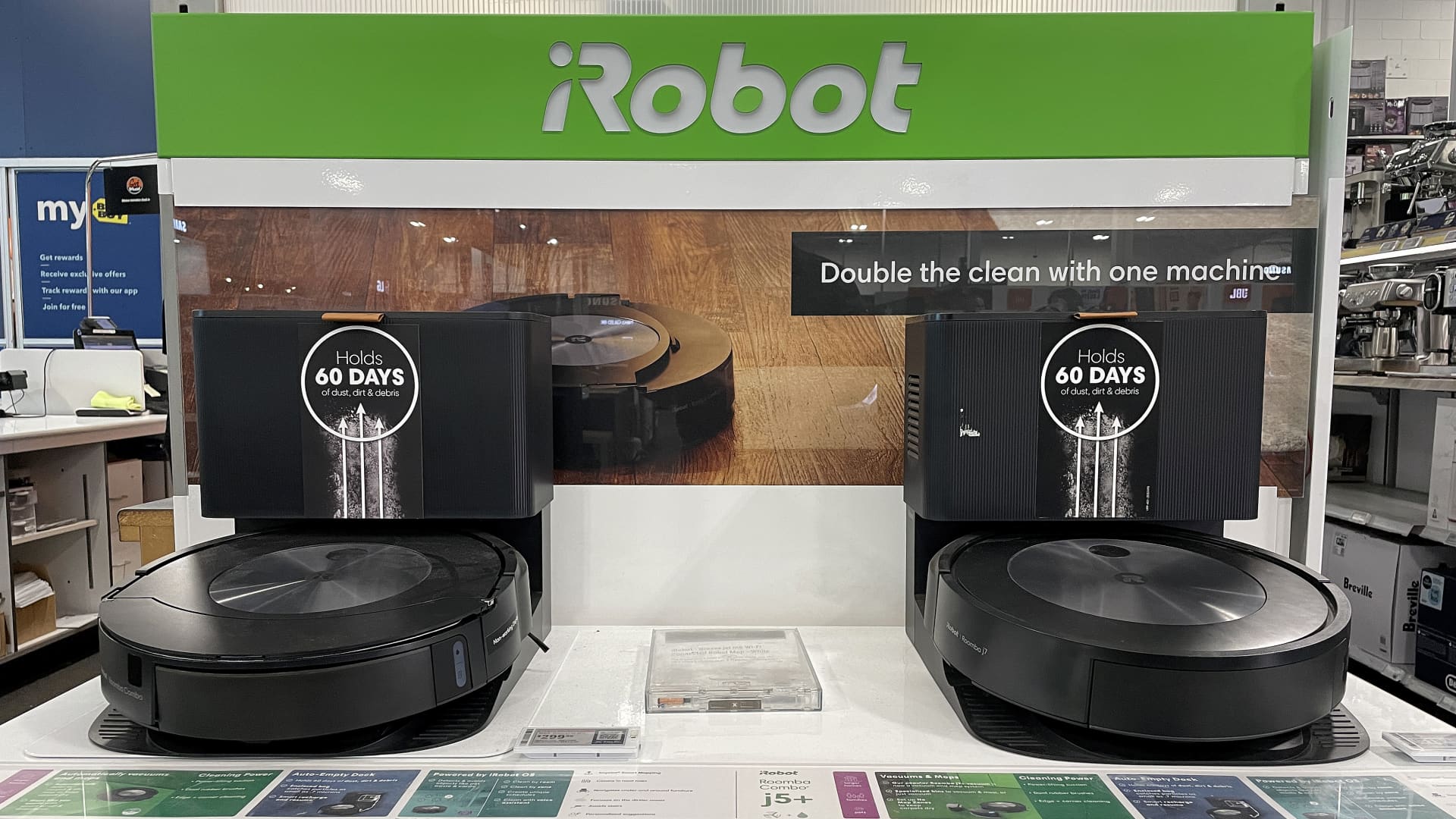
Amazon has terminated its acquisition of iRobot, the maker of Roomba vacuum cleaners. The deal faced antitrust scrutiny on both sides of the Atlantic and was blocked by European regulators who were concerned about competition in the smart home market. Amazon announced that it would lay off 31% of its staff and see its CEO depart as a result.


